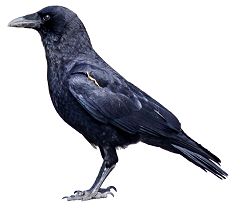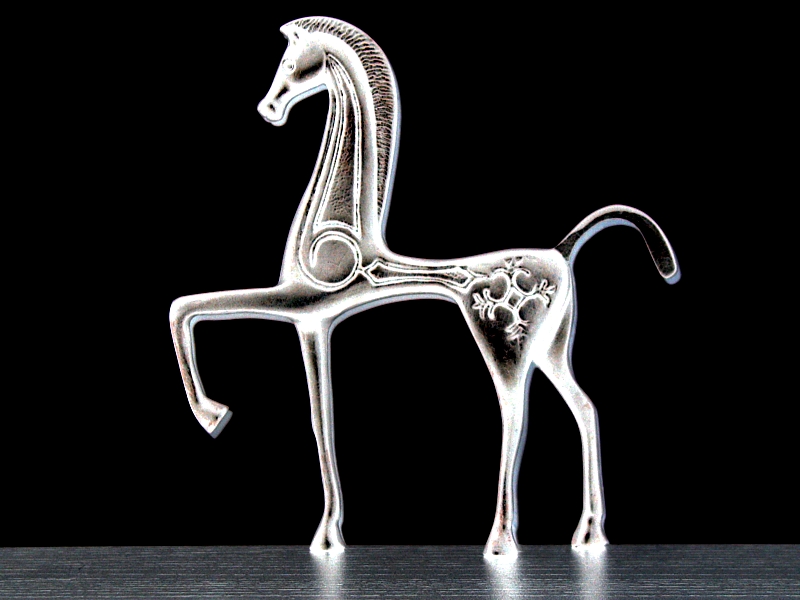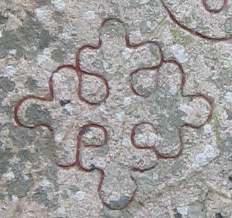The Magic of the Celtic Cross
This ancient Aryan symbol is widespread since ancient times throughout the Eurasian soil, and most of the Irish and the British Isles as well as the ancient Celtic homeland. Its ancient symbolism is tightly knit with the show of unity of the four elements - fire, earth, air and water (four baptismal arms), and the circle as a symbol of eternity. Four arms symbolize the balance of power, the four directions, or the wheel of the sun, which represents solar power in accordance with the solar perception the supreme deity. According to Gannon, center point and intersection level represent a foothold, and the fixed axis around which circulates transience.
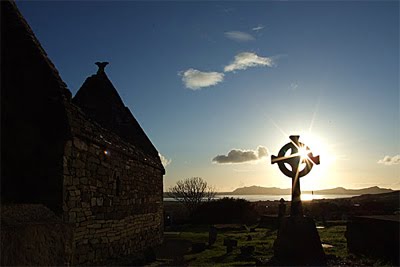
Charms of the Celtic culture and Celtic soul symbolized by the Celtic Cross, have always been very receptive to the Slavic patriots, and even more than that. Two levels of the Celtic Cross, the circle of eternity, as if to signify the Slavic-Celtic fraternity embodied in the fateful crossroads of centuries of bitter warfare for freedom, alternating ups and downs, slavery and celebration of our two peoples, seemingly distant, our soul close. At first glance, it would seem to us Slavs little that binds us to the Celtic islands, especially if we consider the geographical distance, partial Anglicisation of the modern Welsh, Irish and Scots.
However, our Celtophilia is addressed primarily deep in antiquity. On the waves of magical Irish music, it is as if we hear the steps of the old Slavs, whose soothing views of the White Tower of Celtic Singidunum.
It is our national hero archetype closeness, because in Gibson's character (we trust also historical) William Wallace, we recognize our own national heroes. And the fact is that the Celts and Slavs traditionally price openness, courage, and little attachment and compassion, and love to drink to cheer up, exaggerate, and fight, and then repent.
And today, despite the geographical distance, we feel familiarity with the deepest layer of the Celtic tradition. Every honest Ulster loyalist and honest Irish nationalist, easily can, each for their own reasons, recognize the righteousness and superiority of centuries-old, as well as today's Serbian struggle.
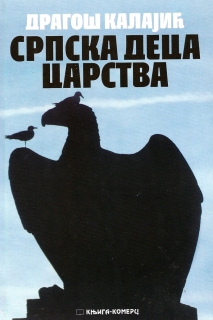
Just such impressions made in his masterful novel "Serbian Children of the Empire" Dragoš Kalajić, painter, writer and ideologue, one of the modern teacher of Serbian ideas. By his own experience of Serbian-Irish closeness and respect, according to the speech by Patrick O'Brien, the main hero of the chapter "The Irishman" in the mentioned novel :
"The Serbs are dear to me, also because everyone here is against them. Otherwise, a little bit I envy you because of that. You know how to say no! It could also not be said that you are bored: according to the media, you know how to nastily beat and fight! I read recently in the New York Times in an interview with US Secretary of State James Baker: he said that your land should be reduced in the situation before World War I, as I suppose, something terribly tiny... If he says so - it means that your defeat must be provided. And in that too we are alike. As our Irish poet Yeats wrote: we the Irish are born to do things much more difficult than is a triumph!" 
